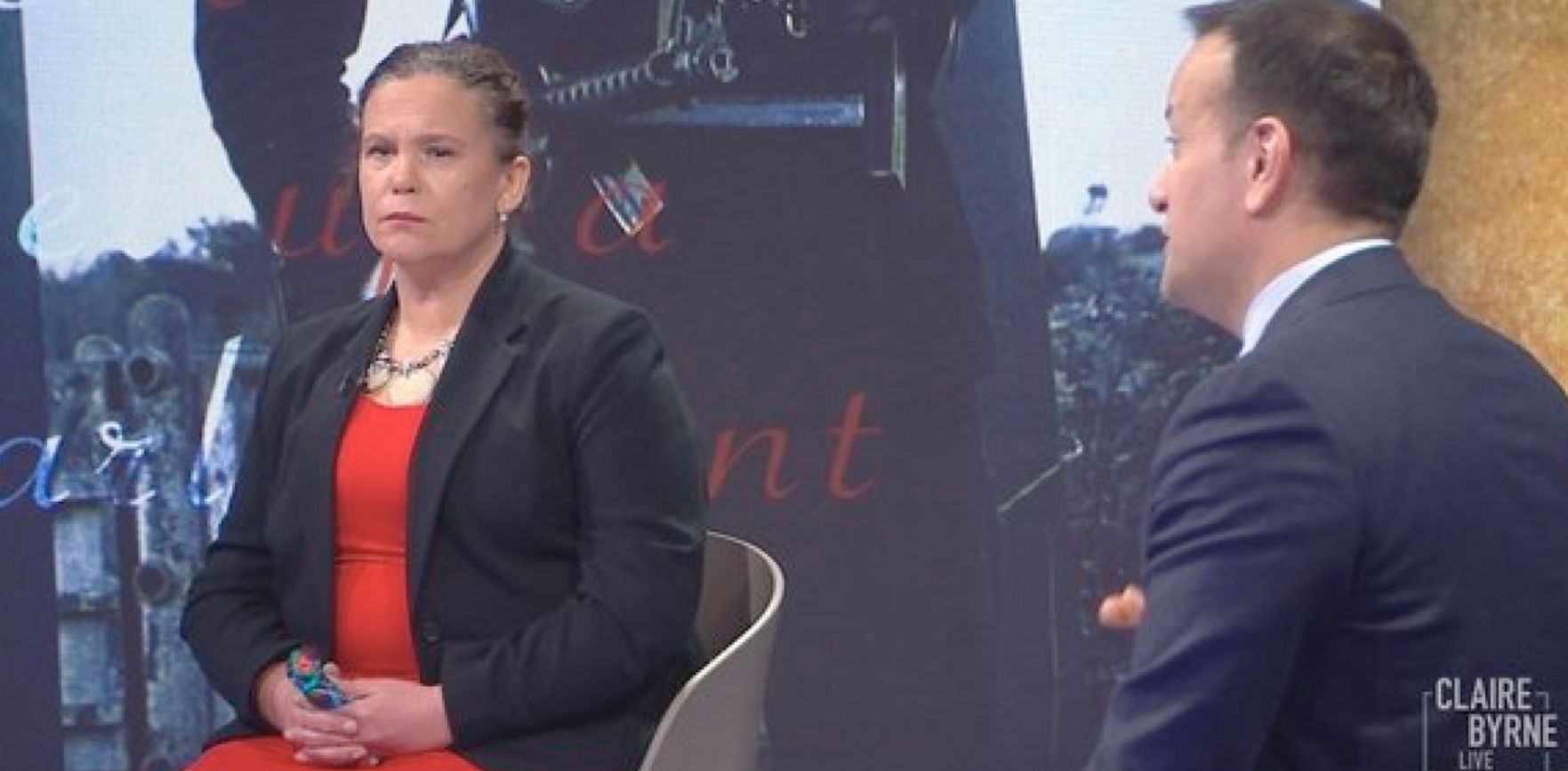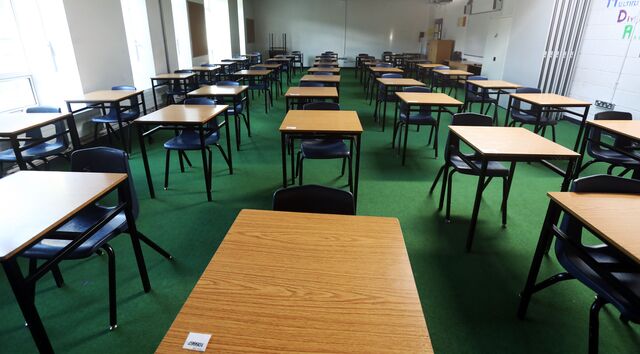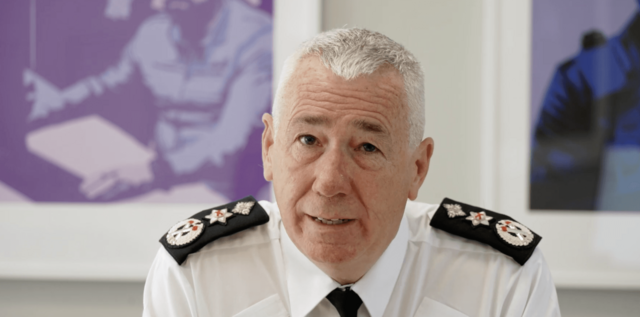I WRITE this piece in the sure and certain knowledge that there has never been a time in my memory that constitutional change on this island was more possible.
Monday night’s RTÉ Claire Byrne special on a united Ireland was unprecedented in content and in tone.
To have the three largest parties interviewed live on a prime time spot – the leader of the opposition, An Tánaiste and An Taoiseach – with the words United Ireland in 10 foot letters behind them was breathtaking. We ain’t in Kansas now, Toto.
But far more interesting than the optics was the content. There was considerable care and concern for those for whom this debate will feel less comfortable, those with British and unionist identity and background. The voices of Sarah Creighton and Andrew Trimble were as informative as they were important. But more than that all of the panellists took time to acknowledge what they were hearing from them.
Of course, there was this notion that if you call yourself nationalist/republican or unionist/loyalist you can’t be moderate, which is lazy and absurd. Of course, there was no challenge to the idea that if you don’t want constitutional change you are neutral in this debate, when of course you have picked a constitutional side. But the important thing was this was a panel programme which was temperate and considered.
The final contribution was from An Taoiseach Micheál Martin, and he was exposed as being well-meaning, but out of step with a debate that has moved to crying out for detail. The panellists and the viewers want detail on how the debate will be conducted to ensure it is contributory and not divisive, and detail on how we put together what a new Ireland will look like. In fact, Claire Byrne asked the question of the night when she asked Martin was there not a danger that while he was talking and not planning that a Secretary of State would call a border poll and the Irish government had squandered this time to effectively plan. Martin had no answer to that.
Planning for a Strong Economy in a New Ireland https://t.co/qrubr7tAeD
— Ireland's Future - Todhchaí na hÉireann (@IrelandsFuture) March 25, 2021
The programme comes in a week when Ireland’s Future will be launching a significant document on the economics of a United Ireland, bringing together research and findings from across academia, and in a week when Fianna Fáil’s other leader (or leader-in-waiting), Jim O’Callaghan, outlined his concrete ideas and blue sky thinking on what a New Ireland might look like.
During the past year we have not been able to meet in pubs or for coffee where this conversation would have gained its own civic momentum – can you imagine where we would be if that were the case? I don’t know what the years of the Gaelic Revival felt like at the end of the 19th century and beginning of the 20th, but it must have held some of this imagination and excitement.
But the one thing that few people acknowledged and only Mary Lou McDonald articulated was the reality which faces northern nationalists right now. After 100 years of an imposed border, upheld by discrimination and murder, there is a concerted consideration that another unionist veto might be created. The Good Friday Agreement says 50 plus 1 per cent upholds partition – it will create a new Ireland too. Both sides of the border accepted that eyes wide open. On that there is no compromise possible.








